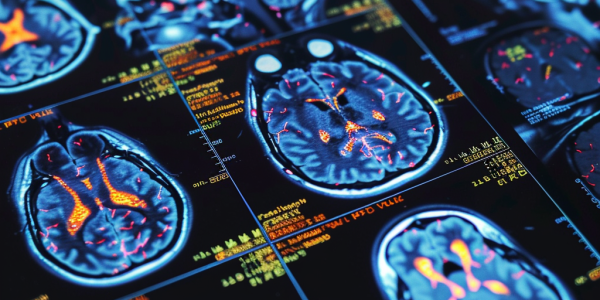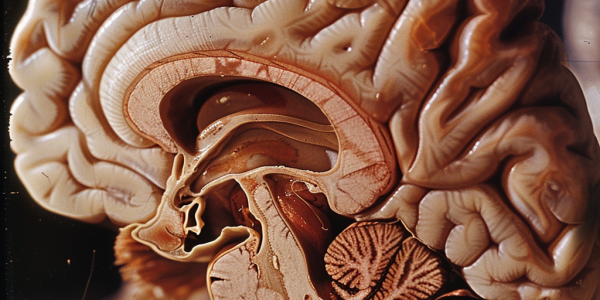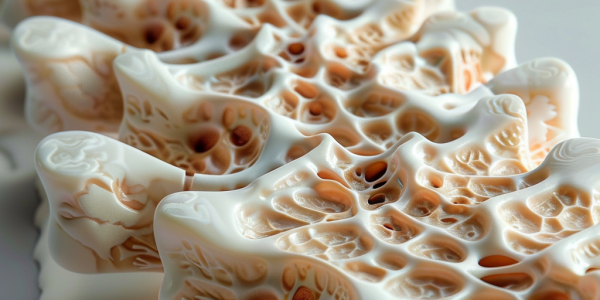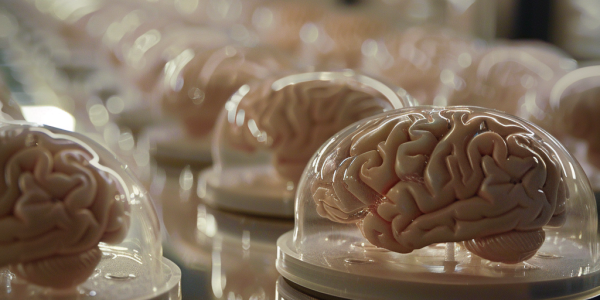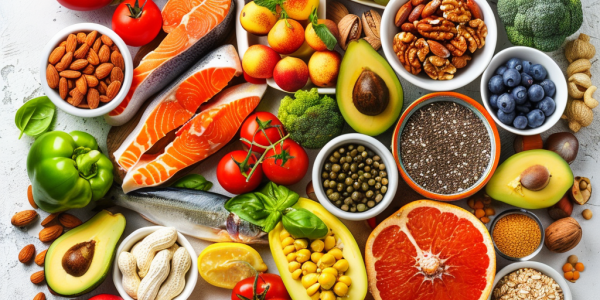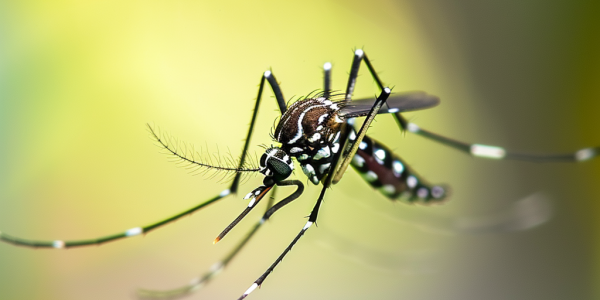Breakthrough in Understanding Postpartum Depression and Anxiety
Recent research in Human Brain Mapping has identified biological markers for postpartum depression and postpartum depression with anxiety, offering new insights into diagnosis and treatment. Postpartum depression affects 12% of new mothers, with up to 70% also experiencing anxiety, making precise diagnosis crucial for tailored treatment.
Florida Dolphin Infected with Highly Pathogenic Avian Flu
University of Florida researchers discover a Florida dolphin infected with highly pathogenic avian influenza virus (HPAIV), marking one of the first instances of mammals being affected by this virus. The case unfolded in Dixie County, Florida, with subsequent examinations confirming the presence of HPAIV. Further investigations reveal the virus subtype and highlight the importance of continued research in understanding its origin and transmission.
NeurologyLive® Brain Games Weekly Quiz Focuses on Primary Progressive Aphasia
Test your knowledge on primary progressive aphasia (PPA) with NeurologyLive® Brain Games weekly quiz series. Learn about the distinct features, brain regions affected, and subtypes of PPA. Join the neurology community in discussing and sharing quiz results to enhance learning and knowledge-sharing.
Warning Signs of Iron Deficiency in Women
Doctors warn that women may be missing the warning signs of potentially fatal iron deficiency, mistaking them as harmless conditions. Iron deficiency anaemia, twice as common in women as in men, can lead to serious health risks like heart disease, severe infection, and kidney failure. Recognizable symptoms include fatigue, pale skin, shortness of breath, and palpitations, but lesser-known signs such as tinnitus, hair loss, and mouth ulcers should not be overlooked. Seeking medical advice and considering a blood test is recommended for anyone experiencing these symptoms, especially pregnant and younger women who are more vulnerable to iron deficiency.
Study Reveals Link Between Spinal Cord Injuries and Metabolic Disruptions
Researchers from Ohio State University College of Medicine have discovered a potential link between spinal cord injuries and metabolic disorders. The study identified a drug called gabapentin that mitigates harmful metabolic effects post-injury. Senior author Andrea Tedeschi, PhD, emphasized the importance of the findings in understanding the connection between sensory neurons and metabolic disruptions in individuals with spinal cord injuries.
8 Healthy Sugar Alternatives for Sweetening Your Dishes
Looking for healthier sugar alternatives? Explore 8 natural sweeteners like maple syrup, date syrup, honey, coconut sugar, jaggery, stevia, palm sugar, and raw cane sugar. These options not only add sweetness but also come with additional health benefits, making them a great choice for your recipes.
Brain Organoids: A Promising Tool for Targeting Neurological Disorders
Brain organoids, a cutting-edge technology in neuroscience, are revolutionizing the study of rare neurological disorders. These miniature 3D brain models offer researchers a unique opportunity to unravel the complexities of brain conditions. By mimicking the structure and function of the human brain, brain organoids are shedding light on the underlying mechanisms of neurological disorders and paving the way for more effective treatments.
The Importance of Gut Health for Overall Well-Being
Maintaining a healthy gut microbiome is crucial for overall well-being, according to Professor Janes Walter from University College Cork’s APC Microbiome Ireland research center. Walter suggests dietary changes like incorporating diverse foods, whole grains, fiber, plant-based proteins, and fatty fish while avoiding saturated fats and ultra-processed foods. By making these adjustments, individuals can reset and improve their gut health, leading to a healthier life.
Growing Threat: Dengue Fever Spreads Amidst a Warming Planet
Learn about the growing threat of Dengue fever as it spreads amidst a warming planet. With millions falling ill annually and fatalities on the rise, the expansion of Aedes mosquitoes poses a grave risk to global health. Find out how climate change and urbanization are fueling the spread of this debilitating illness and the need for enhanced preparedness and control measures.
Study Reveals Human Foods Contributing to Dog Weight Gain
Are you unknowingly making your furry friend gain weight by sharing your food with them? A recent study by Pet Range has highlighted the human foods that could be contributing to your dog’s weight gain. Many pet owners often treat their dogs with human food as a reward, but the caloric impact of these treats is often underestimated. Lisa Melvin, a spokesperson for Pet Range, emphasized the calorie density of human food for pets, especially smaller breeds like pugs. According to the Association for Pet Obesity Prevention, over 50% of dogs in North America are overweight, indicating a concerning trend in pet health. It’s crucial for pet owners to be mindful of the caloric content of the food they share with their dogs to prevent obesity and maintain their furry friends’ health and well-being.

